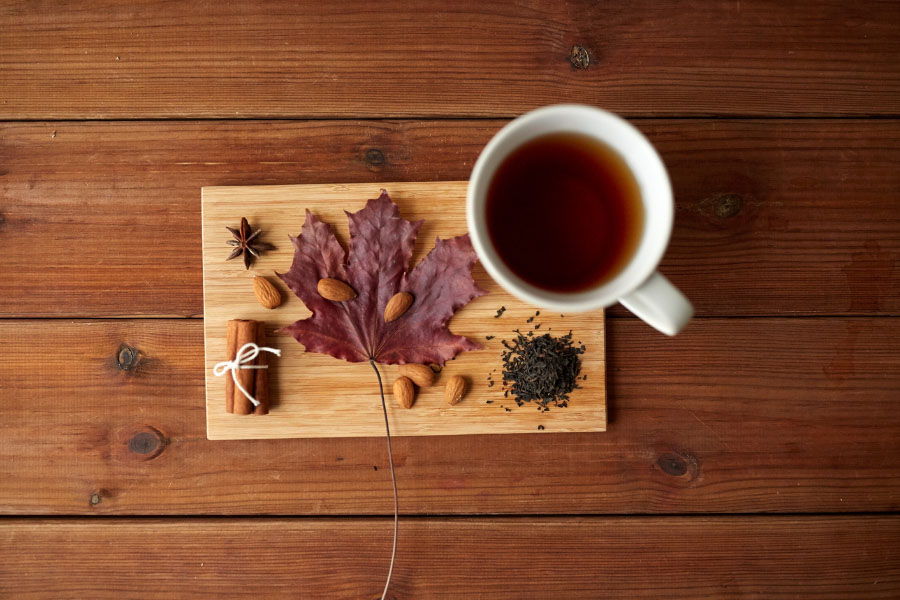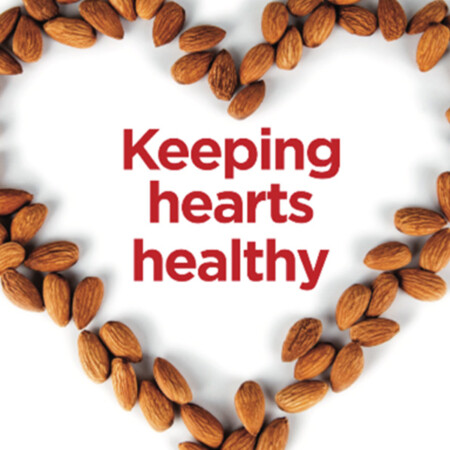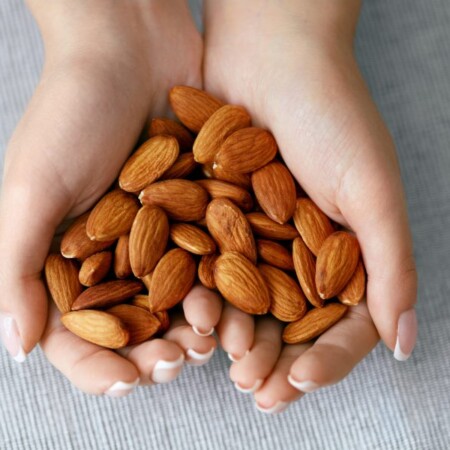Winter wellness
Winter coats are coming, days are shorter so how do we make the most of winter without it getting the better of us? We look for the enjoyable parts of winter such as a freshly cooked pot of hot winter stew.

Winter coats are coming, days are shorter so how do we make the most of winter without it getting the better of us? We look for the enjoyable parts of winter such as a freshly cooked pot of hot winter stew.
Getting outdoors
It can be tempting to stay indoors when it is cold but getting out for some exercise is important for a healthy immune system. Rug up, take the umbrella and enjoy a winters day. When the sunshine is out roll up your sleeves and go outside so your body can get a dose of vitamin D and your eyes the sunlight, very important for our mood and avoiding the winter blues.
Winter produce
In winter the variety of fresh produce may be less but there is still plenty around to enjoy. The leafy greens such as silverbeet are out along with cauliflower and Brussel sprouts (which do taste good- cook them in a little extra virgin olive oil with toasted almonds flaked on top). The leafy greens are an important source of iron, which is also found in red meat, white meat, seafood and legumes. Iron is essential for a healthy immune system.
Zinc is another important mineral for our immune system and wound healing. Oily-type fish, such as sardines, salmon and maceral, along with oysters, red meat, almonds, legumes and seeds have zinc.
We can’t forget vitamin C. Fruit such as kiwifruit, citrus fruits and berries along with vegetables like broccoli, kale, capsicum, cauliflower and cabbage contain vitamin C, important for your immune system. In fact sauerkraut, fermented cabbage was important back in the early sailing ship days to provide vitamin C to prevent scurvy.
A handful of freshly roasted almonds with a juicy orange make a perfect winter snack for a range of your important winter vitamins and minerals.
Gut health
Looking after our gut bacteria is an important way to look after our immune system. To do this we need to feed them with prebiotic fibres that they then ferment and produce short chain fatty acids with that pass into the blood stream. Legumes, almonds, onions, garlic, pears, apples are just a few foods that have prebiotic fibre. A good colony of gut bacteria supports a healthy immune system
Managing stress
Chronic stress can have negative impacts on the immune system, so take some time to enjoy things you love such as a meal together with family or friends, cheering on your team at a footy game or curling up with a book and a handful of almonds by the fire to help you get through winter well.



